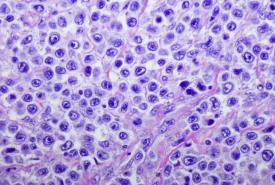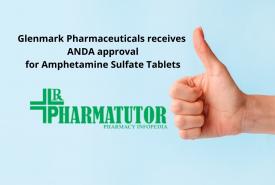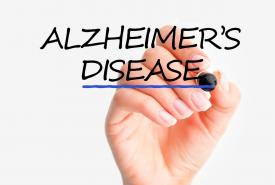FDA approves Libtayo® as first immunotherapy indicated for patients with advanced basal cell carcinoma
The U.S. Food and Drug Administration (FDA) has approved the PD-1 inhibitor Libtayo® (cemiplimab-rwlc) as the first immunotherapy indicated for patients with advanced basal cell carcinoma (BCC) previously treated with a hedgehog pathway inhibitor (HHI) or for whom an HHI is not appropriate. Full approval was granted for patients with locally advanced BCC and accelerated approval was granted for patients with metastatic BCC.


















